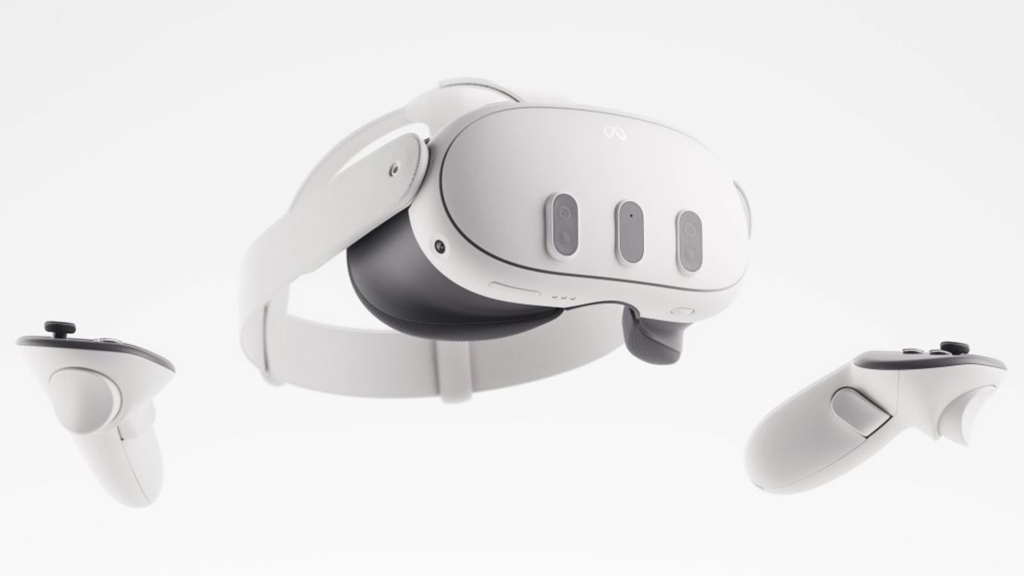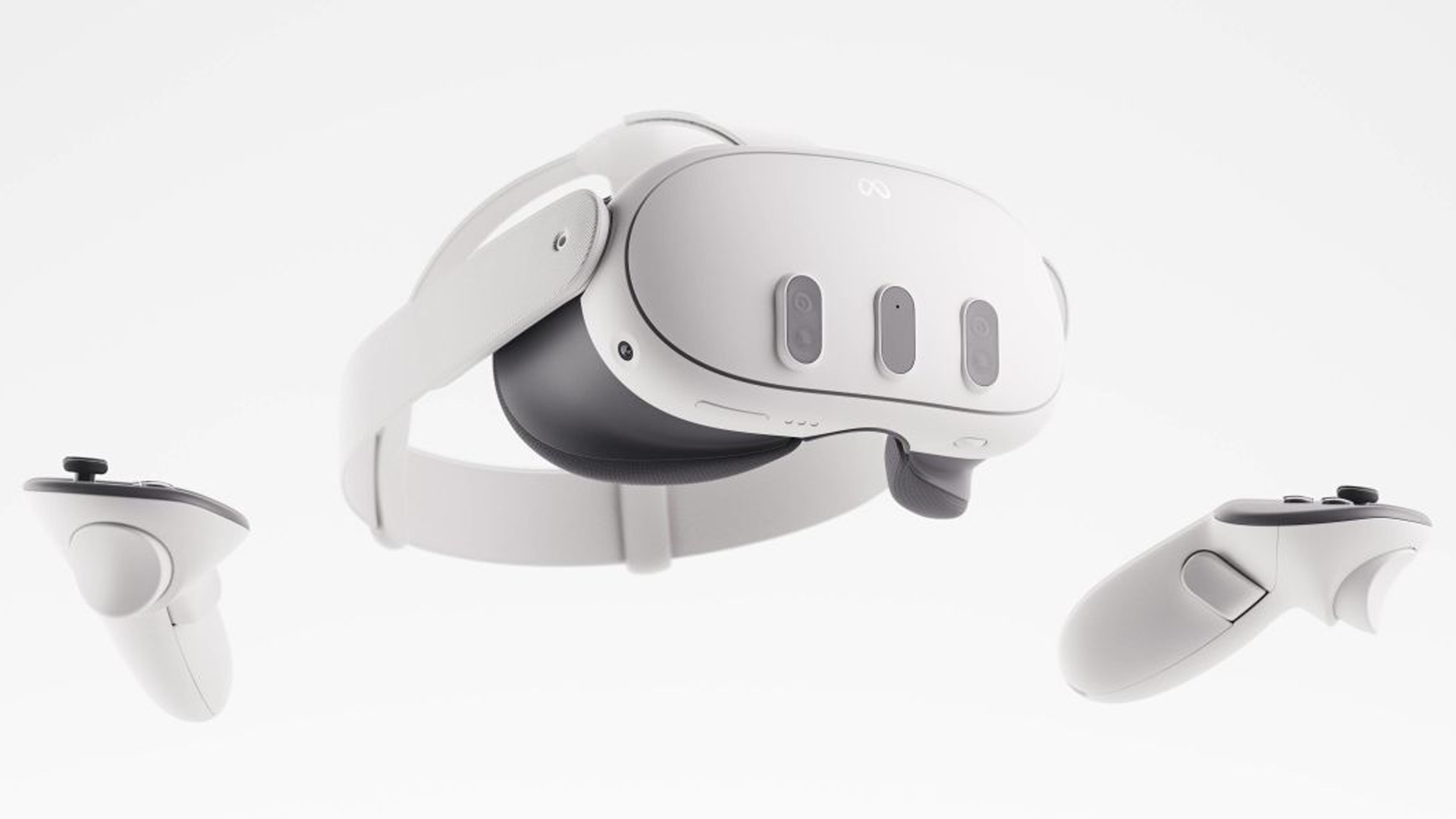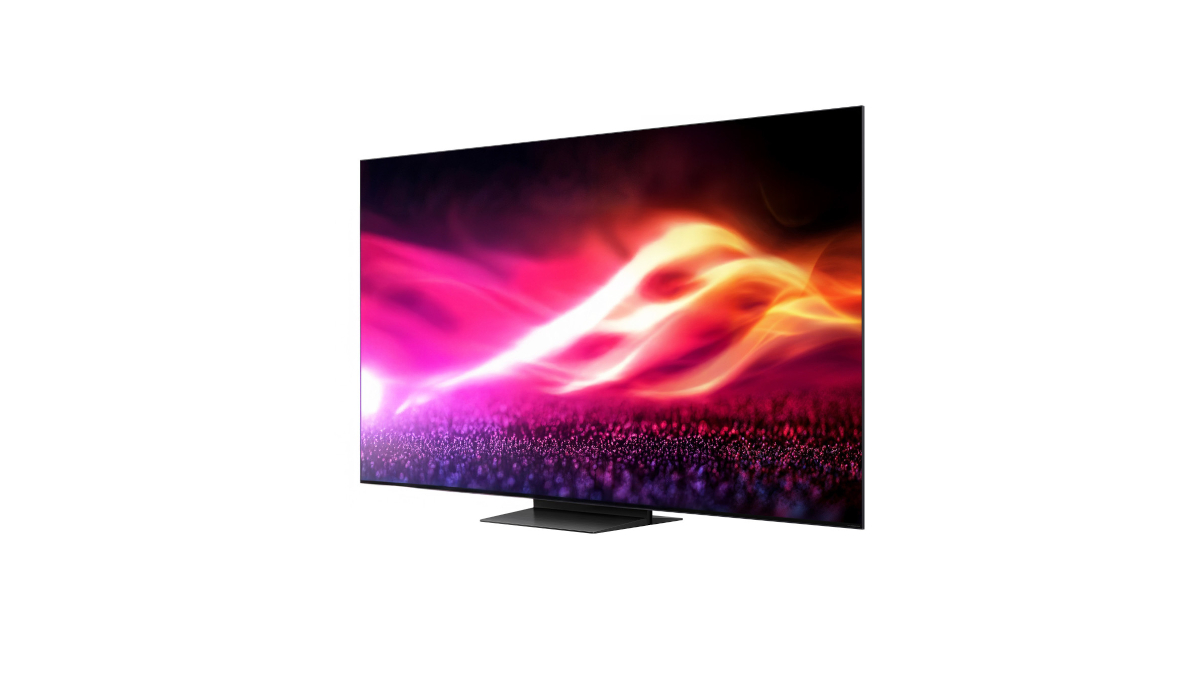The Oculus Quest 2, the world’s top VR headset, excels in performance, software, and affordability. Now, its successor, the Meta Quest 3, is gaining momentum. Just four months post-launch, it ranks third in Steam usage. Although its sales aren’t matching the Quest 2’s, it’s still a success, despite its higher price. At $499.99 / £479.99 / AU$799.99, it’s relatively affordable in VR. Accessibility remains key to VR gadget popularity. While high-end hardware like the Apple Vision Pro impresses with OLED displays and tracking systems, worries about VR becoming less affordable are dispelled. Confidence grows in seeing cheaper alternatives like Apple’s rumored Vision Pro successor and other budget-friendly hardware soon.
Quest 3 Climbing the Ranks
According to the Steam Hardware Survey, which monitors hardware popularity among Steam users, 14.05% of Steam VR players opted for a Quest 3 last month. This marks a 4.78% increase from the previous month, bringing it close to the second spot currently held by the Valve Index, favored by 15% of users, even years after its launch.
Chasing the Top Spot
Despite its momentum, the Quest 3 still trails behind its predecessor, the Oculus Quest 2, preferred by 40.64% of Steam VR players. The Quest 2 has dominated for years and shows no signs of losing its lead. While the Quest 3 performs well, it does not match the Quest 2’s sales pace.
Sales Comparison
Comparing data from January 2024 (four months post-launch for Quest 3) and January 2021 (four months post-launch for Quest 2), it seems that Quest 3 has sold approximately 87% as many units as Quest 2 did at the same point. This is remarkable given the Quest 3’s higher launch price of $499.99 / £479.99 / AU$799.99, compared to the Quest 2’s $299 / £299 / AU$479.
Quest 2’s Success
While exact sales figures for the Quest 2’s early days aren’t available, it outperformed all other Oculus VR headsets combined within five months of launch. Meta has reportedly sold around 20 million Quest 2 units, matching the pace of the Xbox Series X, which launched around the same time.
Affordability Matters
The 87% sales figure for Quest 3, alongside its and Quest 2’s popularity on Steam, underscores affordability as a crucial factor in VR adoption. This trend emphasizes the importance of affordability for other headset manufacturers to consider.

A Costly Future for VR
The Apple Vision Pro garners attention with reports estimating 160,000 to 200,000 preorders before its February 2, 2024 release. However, some disappointed customers return their units, while others resell them at inflated prices on eBay.
Technical Superiority vs. Price
Despite Mark Zuckerberg’s endorsement of the Quest 3, the Apple Vision Pro boasts top-notch specs. While comfort and software immersion are debated, features like eye-tracking and crisp OLED displays compensate. Yet, its price tag of $3,499 for the 256GB model remains a barrier, especially outside the US.
Concerns Over Accessibility
The Vision Pro’s high price and design choices raise concerns about a return to VR’s less accessible days. Previously, enthusiasts shelled out around $1,000 for a headset and an equivalent amount for a VR-ready PC.
Apple’s Influence on the Industry
Apple’s impact on tech trends is undeniable. From popularizing smartwatches to reshaping terminology, Apple’s influence is significant. However, there’s a fear of overwhelming the market with high-end products, sidelining budget-friendly options.
Steam Hardware Survey’s Reassurance
Data from the Steam Hardware Survey indicates the continued popularity of budget-friendly options like the Quest 2 and 3. Despite newer models boasting superior specs, these affordable headsets maintain their relevance.
Call for Competition
The dominance of Meta (formerly Facebook) in the VR market underscores the need for competitors to offer affordable alternatives. Companies like Apple and Samsung must release cost-effective VR headsets to foster healthy competition and drive innovation.
Discover more from NewForTech
Subscribe to get the latest posts sent to your email.




